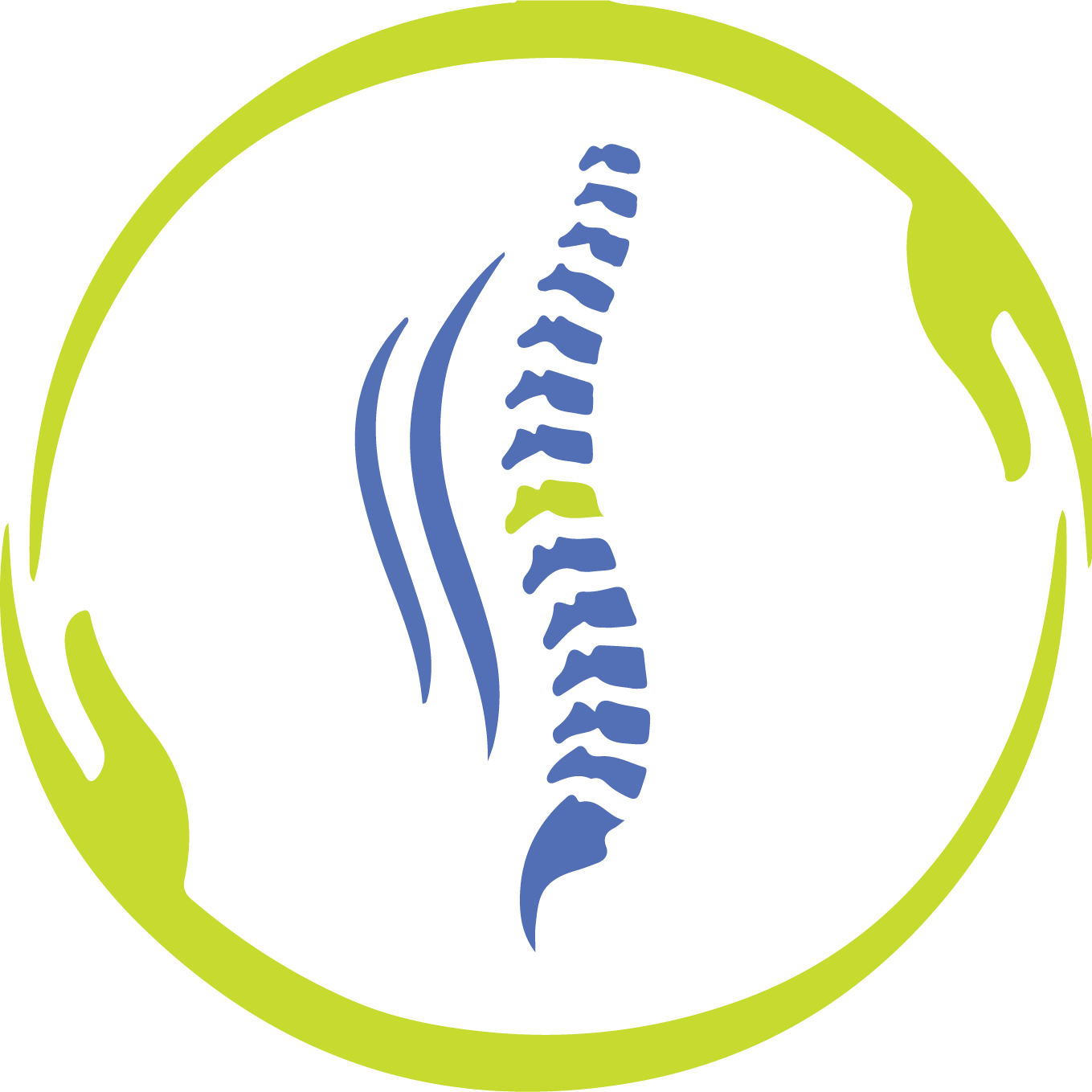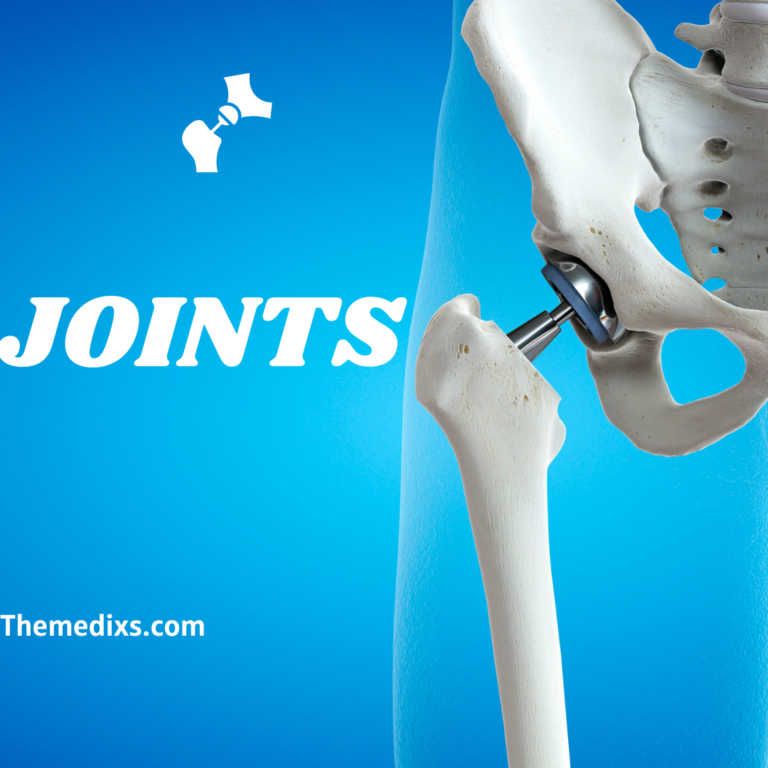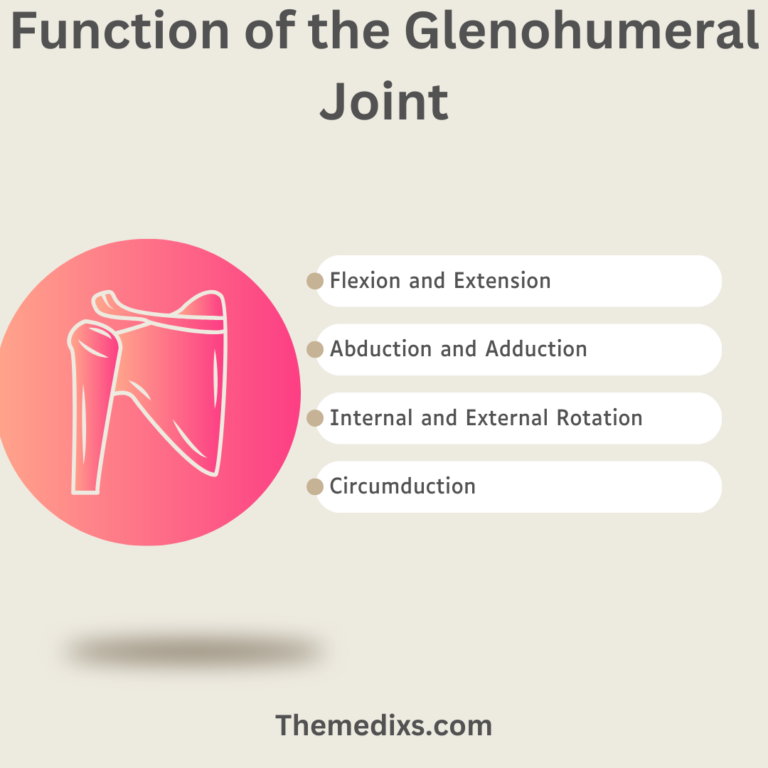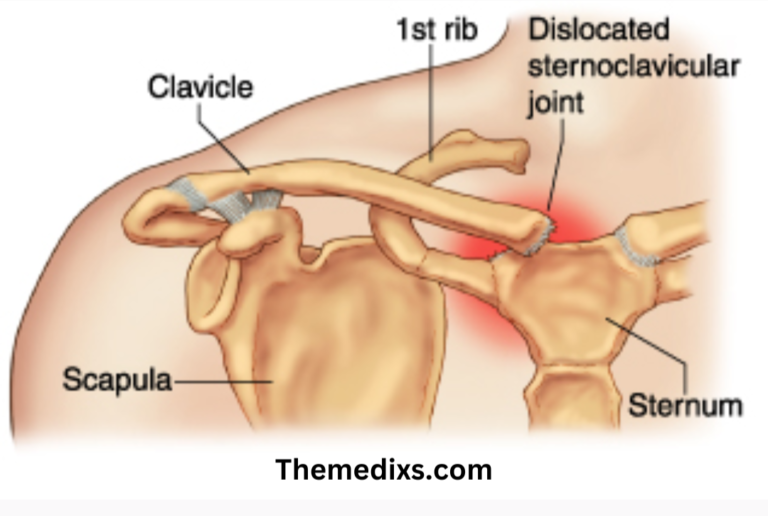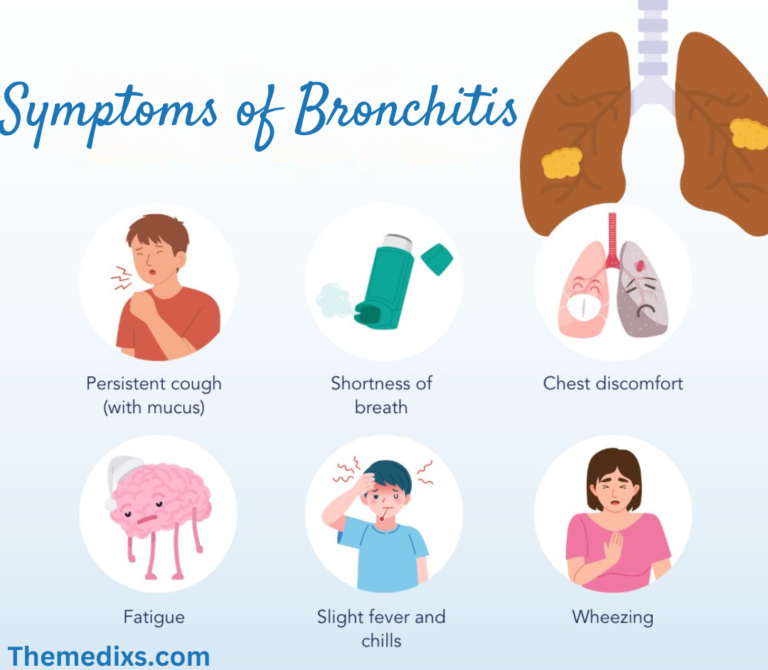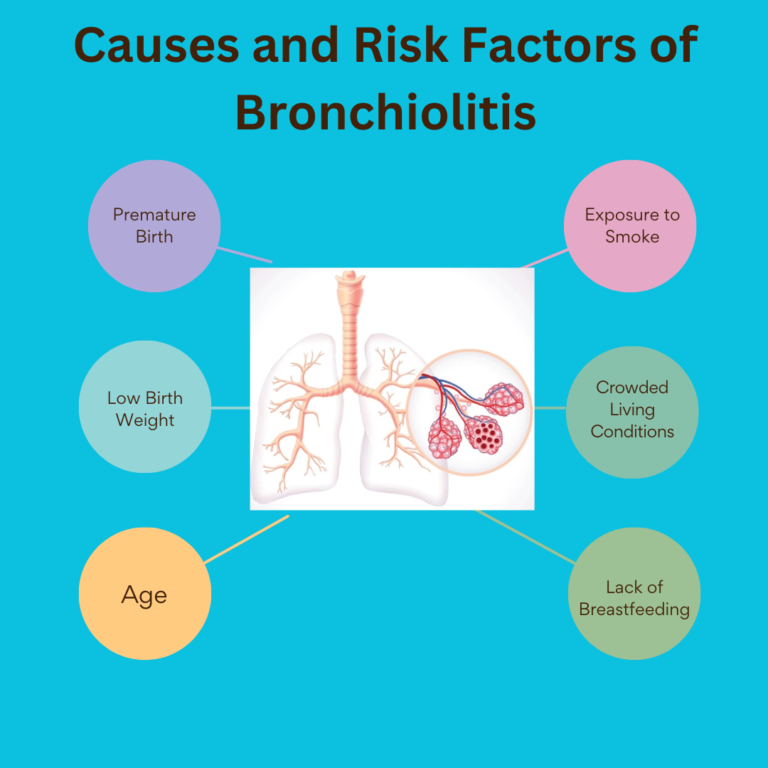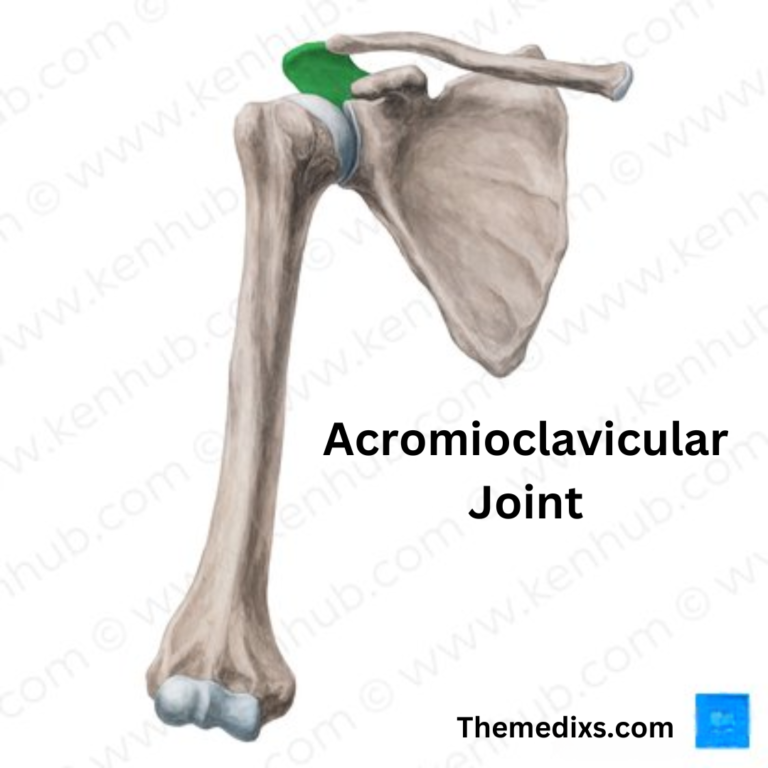Women’s health encompasses the specific medical and wellness concerns that affect females throughout their lives. From reproductive health to mental well-being, women face unique challenges and considerations that require attention and proactive management.
Diabetes is a prevalent health issue affecting women worldwide, with a significant impact on female health. In fact, millions of women are affected by diabetes, emphasizing its widespread presence and implications for women’s well-being.
1. Sexual Health:
A comprehensive approach to sexual health involves not only preventive measures against sexually transmitted infections (STIs) but also encouraging open dialogue about sexual desire and wellness within relationships. By fostering awareness and accessible resources, women can confidently navigate sexual health matters.
2. Mental Wellness:
Stress management techniques equip women with essential coping strategies, including mindfulness and meditation practices. Recognizing signs of anxiety and depression encourages seeking professional support for mental well-being, fostering emotional resilience and overall health.
3. Nutrition and Diet:
A balanced diet rich in nutrients is foundational for women’s health, supporting optimal physical and mental function. Addressing eating disorders involves understanding signs and symptoms, emphasizing recovery, and fostering a healthy relationship with food.
4. Fitness and Exercise:
Regular physical activity contributes to cardiovascular health and bone density, highlighting the benefits of activities like yoga and pilates for flexibility and stress reduction. By embracing diverse exercise options, women can prioritize their physical well-being.
5. Preventive Care:
Routine check-ups and screenings, such as Pap smears and pelvic exams, are essential for early detection and prevention of health issues. Understanding immunization recommendations and the importance of vaccines like flu shots supports overall health and disease prevention.
6. Aging Gracefully:
Promoting bone health through osteoporosis prevention and adequate calcium and vitamin D intake is crucial as women age. Heart health awareness, including exercise and dietary choices, contributes to longevity and vitality in later years.
7. Skin and Hair Care:
Effective skincare routines, including sun protection and anti-aging strategies, nurture healthy skin. Addressing common causes of hair loss and exploring treatment options promote confidence and well-being.
8. Sleep Hygiene:
Quality sleep is fundamental for overall health. Implementing tips for improving sleep hygiene and addressing sleep disorders enhances women’s vitality and daily functioning.
9. Women’s Health Myths:
Dispelling misconceptions about women’s health encourages informed decision-making. Clarifying myths around exercise, birth control, and the necessity of Pap smears after menopause fosters empowered health choices.
10. Women’s Health Issues and Challenges:
Women’s health encompasses a spectrum of issues and challenges unique to their biology and life experiences. From reproductive health concerns like menstrual irregularities, fertility issues, and menopause to mental health challenges such as anxiety, depression, and postpartum disorders, women face diverse health issues throughout their lives. Additionally, lifestyle-related diseases such as cardiovascular conditions, osteoporosis, and autoimmune disorders can disproportionately affect women. Understanding and addressing these health issues with targeted interventions and preventive strategies are crucial for promoting women’s overall well-being.
11. Breast Health:
Breast health education underscores the importance of regular screenings for breast cancer. Emphasizing self-examination techniques cultivates proactive breast health awareness. Breastfeeding promotes vital health benefits for both mother and child, but challenges such as lactation difficulties require support and education.
12. Comprehensive Women’s Health Guide:
This comprehensive guide provides an in-depth exploration of all aspects of women’s health, offering actionable advice and resources for women at every stage of life. Covering reproductive health, mental wellness, nutrition, fitness, preventive care, and aging concerns, this guide empowers women to prioritize their health through informed decision-making and self-care practices. By embracing holistic approaches and evidence-based recommendations, women can optimize their health and quality of life.
13. Women’s Health Tips for Every Stage:
Tailored health tips for different life stages empower women to navigate their health needs effectively. For adolescents, guidance on menstrual health, hygiene, and contraception education is essential. Reproductive-age women benefit from fertility awareness, prenatal care, and contraception options. Menopausal and postmenopausal women require support with hormone changes, bone health, and cardiovascular risk factors. By offering stage-specific advice, women can proactively manage their health throughout various life transitions.
14. Best Practices for Women’s Wellness:
Discover evidence-based best practices to support women’s overall wellness, encompassing physical, mental, and emotional health. These practices may include regular exercise tailored to women’s needs, a balanced diet rich in nutrients, stress management techniques like mindfulness and meditation, and routine health screenings. Prioritizing self-care rituals and seeking professional guidance when needed can contribute to a healthier and more fulfilling life for women.
15. Understanding Women’s Reproductive Health:
Women’s reproductive health encompasses a range of topics, from menstrual health and fertility to pregnancy, childbirth, and menopause. Understanding the menstrual cycle, common reproductive disorders like PCOS and endometriosis, and contraception options empowers women to make informed choices about their reproductive well-being. This knowledge is essential for maintaining optimal reproductive health at different stages of life.
16. Key Factors in Women’s Hormonal Balance:
Hormonal balance plays a vital role in women’s health, influencing various bodily functions and overall well-being. Factors such as menstrual cycles, pregnancy, menopause, and thyroid function can affect hormonal balance. Discussing strategies to support hormonal health naturally, such as lifestyle modifications, dietary choices, and stress management techniques, helps women maintain hormonal equilibrium and alleviate related symptoms.
17. Lifestyle Strategies for Women’s Fitness:
Implementing lifestyle strategies that prioritize women’s fitness promotes cardiovascular health, muscle strength, flexibility, and overall vitality. Tailored exercise routines, including cardiovascular workouts, strength training, yoga, and Pilates, cater to women’s unique fitness needs at different life stages. Emphasizing regular physical activity as part of a healthy lifestyle fosters longevity and well-being.
18. Expert Insights into Women’s Mental Health:
Gain expert insights into women’s mental health, including stress management techniques, coping mechanisms for anxiety and depression, and mindfulness practices. Addressing the intersection of hormonal changes, life transitions, and societal pressures can improve mental resilience and emotional wellness in women. Seeking professional support and engaging in open dialogue about mental health reduce stigma and empower women to prioritize self-care.
19. Navigating Women’s Nutrition Needs:
Understanding women’s specific nutritional needs supports overall health, hormonal balance, and disease prevention. Emphasizing nutrient-dense foods rich in calcium, iron, omega-3 fatty acids, and antioxidants promotes optimal nutrition for women at different life stages. Addressing common nutritional deficiencies and promoting healthy eating habits empower women to make informed choices about their diet and well-being.
20. Preventive Care Essentials for Women:
Highlighting preventive care essentials encourages women to prioritize routine health screenings, vaccinations, and health checks tailored to their unique health risks. Regular Pap smears, mammograms, bone density tests, and blood pressure checks contribute to early detection and prevention of diseases like breast cancer, osteoporosis, and heart disease. Empowering women with preventive care knowledge promotes proactive health management and better health outcomes.

